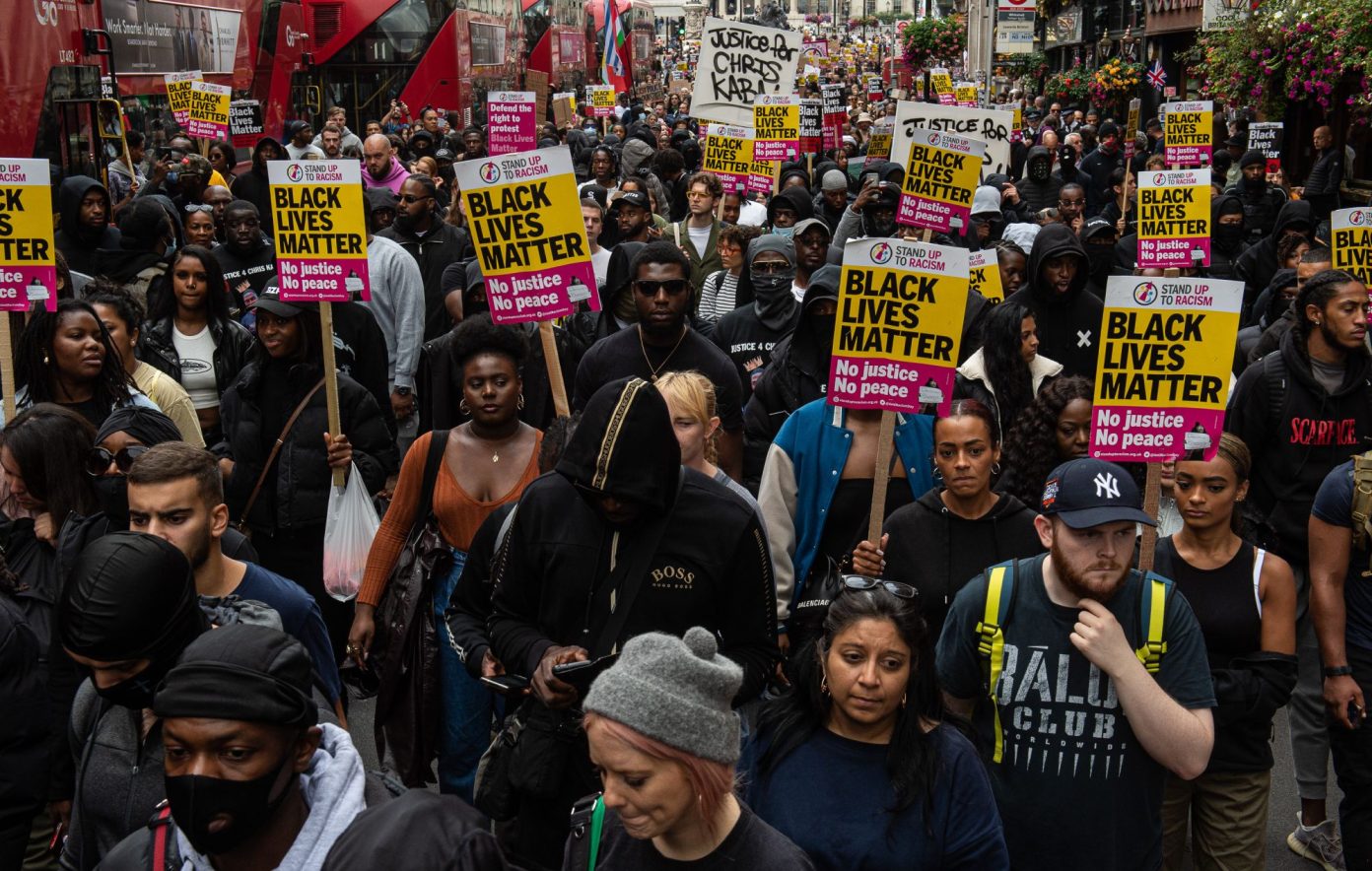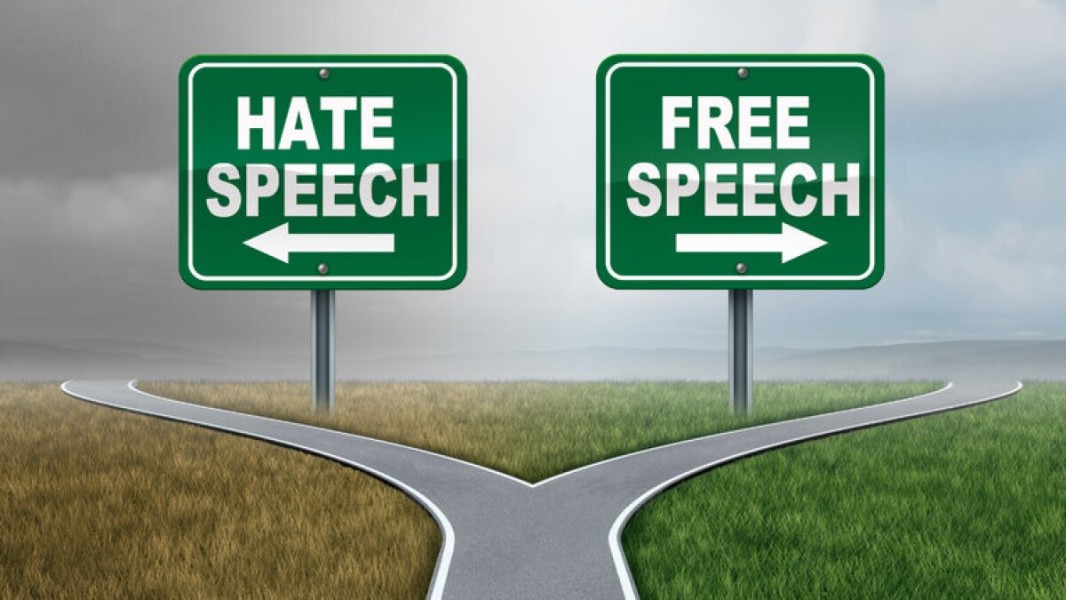Panorama's Chris Kaba Documentary: A Police Watchdog's Formal Complaint To Ofcom

Table of Contents
The IOPC's Formal Complaint to Ofcom
The Independent Office for Police Conduct (IOPC) filed a formal complaint with Ofcom, alleging that the Panorama documentary on Chris Kaba's death contained inaccuracies and exhibited bias. This significant step challenges the BBC's portrayal of the events leading to Kaba's death and the subsequent investigation.
- IOPC Concerns: The IOPC expressed concerns about the documentary's selective use of evidence and its potential to misrepresent the findings of their own investigation into the shooting. They believe the documentary presented a biased narrative that unfairly prejudiced the public perception of the Metropolitan Police's actions.
- Disputed Claims: Specific claims made in the Panorama documentary regarding the police officer's actions and the circumstances surrounding the shooting are being disputed by the IOPC. The IOPC highlights discrepancies between the documentary’s narrative and their own detailed findings, emphasizing the need for accuracy in reporting such sensitive events.
- Ofcom Investigation Process: Ofcom will now conduct a thorough investigation into the IOPC's complaint, reviewing the documentary's content against their broadcasting standards. This process involves examining evidence submitted by both parties and potentially interviewing witnesses.
- Potential Consequences: If Ofcom upholds the IOPC's complaint, potential consequences for the BBC could range from a formal reprimand to sanctions, potentially impacting their future broadcasting licenses.
Key Issues Raised in the Panorama Documentary
The Panorama documentary focused on the fatal shooting of Chris Kaba, a 24-year-old unarmed Black man, by a Metropolitan Police officer in September 2022. The documentary presented a critical perspective on the police's handling of the incident, reigniting calls for greater police accountability.
- Circumstances of Chris Kaba's Death: The documentary detailed the events leading to Kaba's death, including the police pursuit, the circumstances surrounding the use of lethal force, and the subsequent investigation. The focus was on the lack of immediate medical attention provided following the shooting.
- IOPC Investigation Findings: The documentary summarized the IOPC's investigation, highlighting concerns about the justification for the use of lethal force and potential breaches of police procedure. However, the IOPC's formal complaint suggests the documentary did not fully or accurately represent the totality of their findings.
- Criticisms of the Metropolitan Police: The documentary highlighted criticisms leveled at the Metropolitan Police's handling of the incident, including alleged delays in the investigation and perceived lack of transparency. Public outrage over this perceived lack of transparency fueled the demand for answers.
- Public Reaction and Calls for Accountability: The documentary fueled public outrage and protests, reigniting the wider debate about police brutality, racial bias in policing, and the need for increased police accountability. Public trust in the police, already eroded in certain communities, suffered a further blow.
The Role of the Metropolitan Police
The Metropolitan Police responded to the Panorama documentary and the IOPC's complaint with a statement emphasizing their commitment to cooperate fully with the investigation and address any concerns.
- Official Response: Their official response acknowledged the gravity of the situation and reiterated their commitment to transparency and accountability. However, this statement fell short of addressing all concerns raised in the documentary and by the IOPC.
- Addressing Public Concerns: The Met Police outlined efforts to improve police training, procedures, and community engagement to address concerns about police conduct and build trust within the community. However, the level of success of these efforts is still debated.
- Impact on Public Trust: The Chris Kaba shooting and the subsequent controversy surrounding the Panorama documentary significantly damaged public trust in the Metropolitan Police, particularly within Black communities. Restoring that trust will require significant and sustained effort.
The Implications for Police Accountability and Public Trust
The IOPC's complaint and the Panorama documentary highlight crucial issues related to police accountability and public trust.
- Transparency and Accountability: The case underscores the vital importance of transparency and accountability in police investigations, particularly in cases involving the use of lethal force. This applies to both the initial investigation and any subsequent media portrayals of the incident.
- Media Scrutiny's Role: The documentary highlights the critical role of media scrutiny in holding police forces accountable for their actions. However, this role must be balanced with the need for accuracy and fairness in reporting.
- Police Reform and Racial Bias: The Chris Kaba case continues to fuel the debate surrounding police reform and the persistent issue of racial bias in policing. The case exemplifies the need for systematic change within law enforcement structures.
Ofcom's Role and Potential Outcomes
Ofcom, as the UK's broadcasting regulator, holds significant power to influence the outcome of this situation.
- Ofcom's Actions: Ofcom can take a range of actions following its investigation, from issuing a warning to imposing fines or even revoking broadcasting licenses. The decision will depend on their findings concerning the accuracy and impartiality of the Panorama documentary.
- Impact on the BBC and Future Documentaries: The outcome of Ofcom's investigation will have significant consequences for the BBC's reputation and may influence how future documentaries covering sensitive police investigations are produced.
- Setting a Precedent: This case could set a crucial precedent for future complaints against broadcasting organizations covering sensitive police investigations, potentially shaping the standards for responsible journalism in such circumstances.
Conclusion
The IOPC’s formal complaint to Ofcom regarding the Panorama documentary on Chris Kaba's death underscores the critical need for transparency and accountability within police forces. The outcome of Ofcom's investigation will have significant implications for both the BBC and the ongoing national conversation surrounding police brutality and racial bias. The Chris Kaba case continues to highlight the importance of rigorous investigation and the crucial role of media scrutiny in holding law enforcement accountable.
Call to Action: Stay informed about the ongoing developments in the Chris Kaba case and Ofcom's investigation. Follow reputable news sources for updates on the Panorama documentary and the wider implications for police accountability. Demand transparency and justice for Chris Kaba and all victims of police misconduct. #ChrisKaba #PoliceAccountability #Ofcom #PanoramaDocumentary #IOPC #MetropolitanPolice #PoliceBrutality

Featured Posts
-
 Investigation Into Police Leaders Tweet Balancing Free Speech And Professional Conduct
Apr 30, 2025
Investigation Into Police Leaders Tweet Balancing Free Speech And Professional Conduct
Apr 30, 2025 -
 The Nothing Phone 2 A Deeper Look At Its Modular System
Apr 30, 2025
The Nothing Phone 2 A Deeper Look At Its Modular System
Apr 30, 2025 -
 President Trumps Speech To Congress Key Takeaways And Analysis
Apr 30, 2025
President Trumps Speech To Congress Key Takeaways And Analysis
Apr 30, 2025 -
 Pounce Now S And P 500 Downside Protection Strategies
Apr 30, 2025
Pounce Now S And P 500 Downside Protection Strategies
Apr 30, 2025 -
 Islensk Koerfuboltadagskra Meistaradeildin Og Nba Stjoernur I Bonusdeildinni
Apr 30, 2025
Islensk Koerfuboltadagskra Meistaradeildin Og Nba Stjoernur I Bonusdeildinni
Apr 30, 2025
